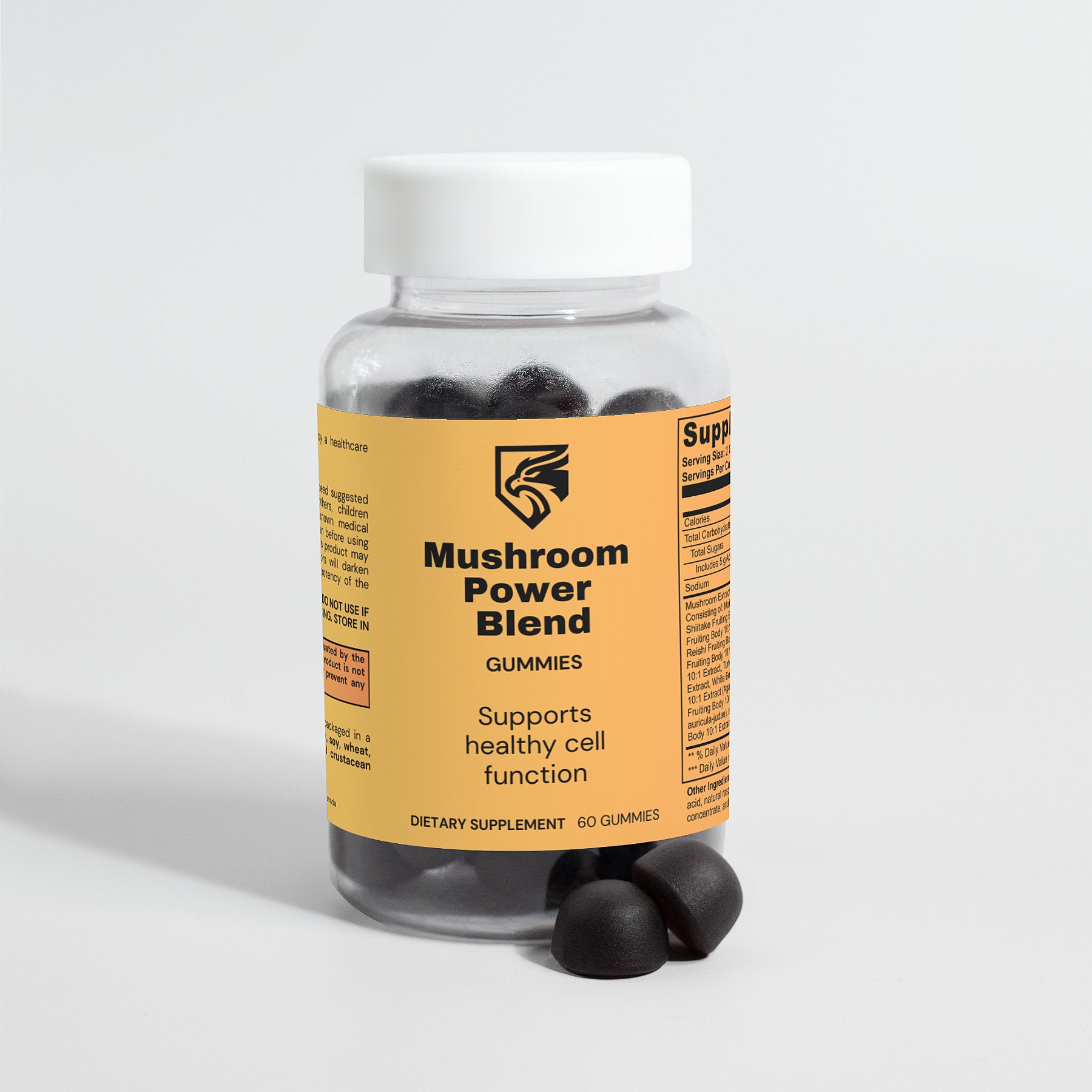Maintaining a nutritious diet is essential for overall well-being, but the misconception that eating healthy is expensive often deters people from making healthier choices. However, with a bit of planning and smart shopping, it's entirely possible to nourish your body without breaking the bank. Here are six budget-friendly tips for maintaining a healthy diet:
-
Plan Your Meals: One of the most effective ways to save money on groceries is to plan your meals in advance. Take some time each week to create a meal plan based on affordable, nutrient-rich ingredients. Look for recipes that use inexpensive staples like beans, lentils, whole grains, and seasonal vegetables. Planning your meals not only helps you stick to a budget but also reduces the temptation to eat out or order takeout.
-
Buy in Bulk: Purchasing items in bulk can significantly lower your grocery bill in the long run. Look for pantry staples such as rice, pasta, oats, and nuts at bulk food stores or warehouse clubs where you can buy them in larger quantities at a lower cost per unit. Buying in bulk reduces packaging waste and ensures that you always have essential ingredients on hand for healthy meals.
-
Cook at Home: Eating out or ordering takeout regularly can quickly drain your wallet. Cooking at home is not only more economical but also allows you to control the ingredients and portion sizes of your meals. Invest in simple kitchen tools like a good knife, cutting board, and pots and pans to make cooking at home easier and more enjoyable. Experiment with different cuisines and cooking techniques to keep things interesting while sticking to your budget.
-
Embrace Plant-Based Protein: Protein is an essential nutrient for building and repairing tissues, but it doesn't have to come from expensive sources like meat and poultry. Incorporating plant-based protein sources such as beans, lentils, tofu, and tempeh into your diet is not only cost-effective but also better for the environment. These plant-based proteins are versatile, nutritious, and often more affordable than animal products, making them ideal for budget-conscious shoppers.
-
Shop Seasonally and Locally: Fruits and vegetables that are in season are not only fresher and more flavorful but also cheaper than their out-of-season counterparts. Visit local farmers' markets or join a community-supported agriculture (CSA) program to access fresh, locally grown produce at reasonable prices. Buying seasonal and local produce not only supports small-scale farmers but also helps you save money while enjoying the best that nature has to offer.
-
Minimize Food Waste: Food waste is not only harmful to the environment but also a waste of money. To minimize food waste, plan your meals carefully, use leftovers creatively, and store perishable items properly to extend their shelf life. Consider freezing leftover produce or cooked meals for later use, and repurpose scraps like vegetable peels and bones to make homemade broths and stocks. By reducing food waste, you'll not only save money but also make a positive impact on the planet.
In conclusion, maintaining a healthy diet doesn't have to be expensive. By planning your meals, buying in bulk, cooking at home, embracing plant-based proteins, shopping seasonally and locally, and minimizing food waste, you can nourish your body without overspending. With a little creativity and resourcefulness, eating well on a budget is entirely achievable.






Leave a comment
All comments are moderated before being published.
This site is protected by hCaptcha and the hCaptcha Privacy Policy and Terms of Service apply.